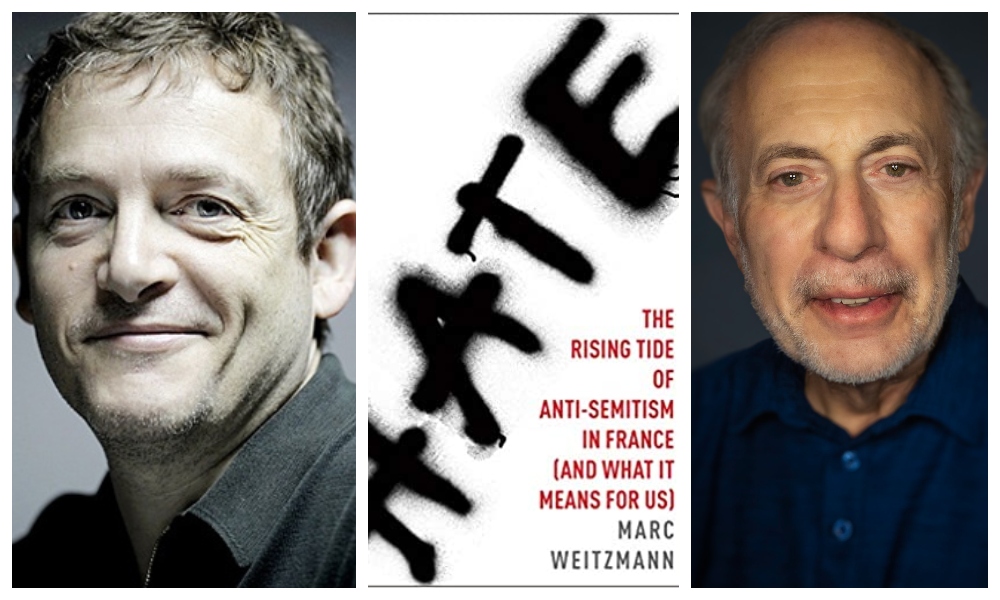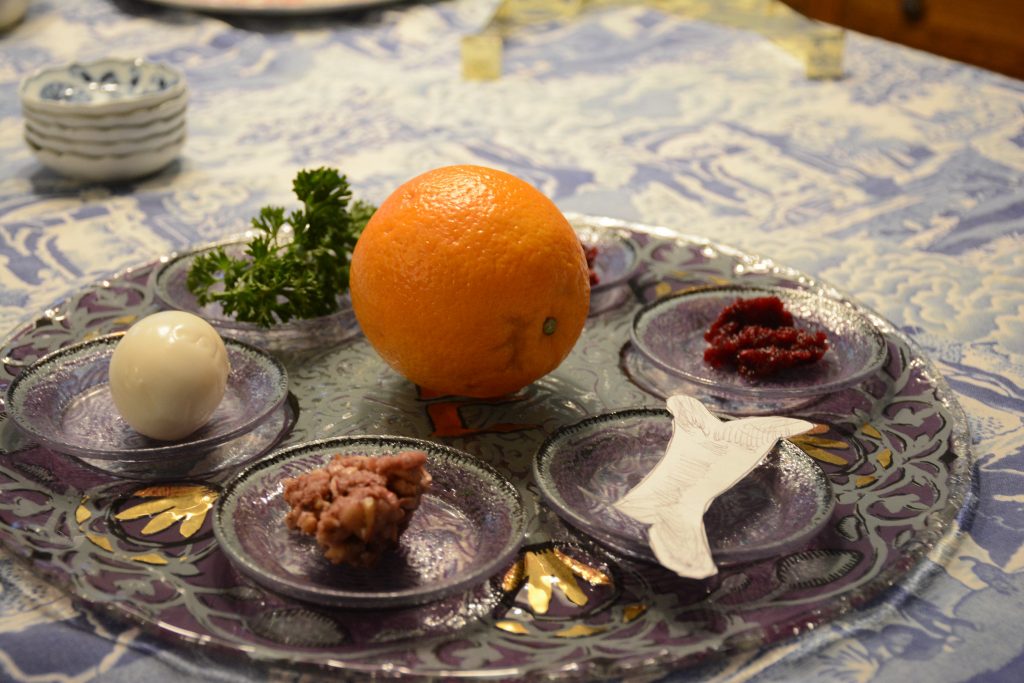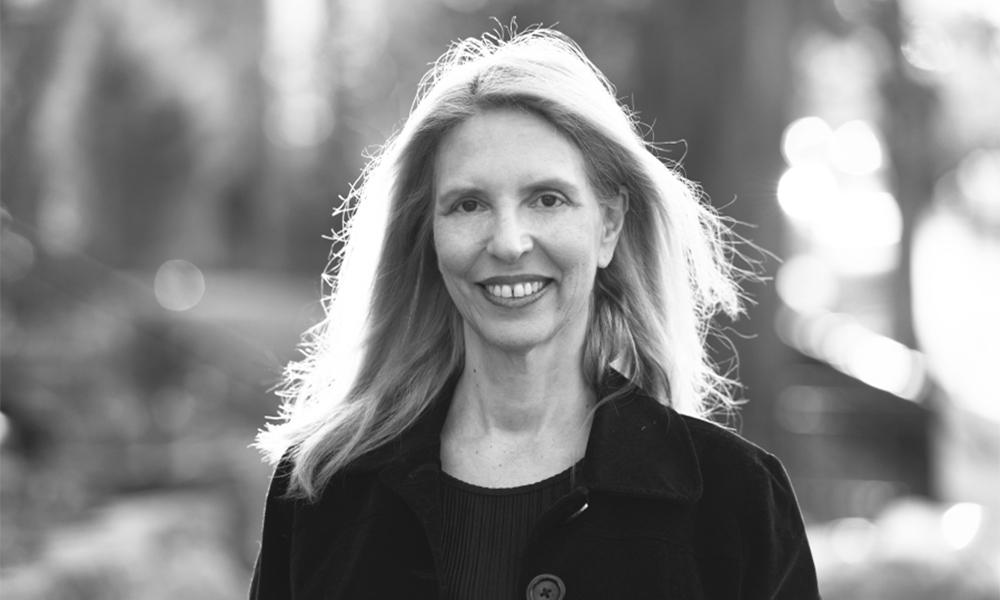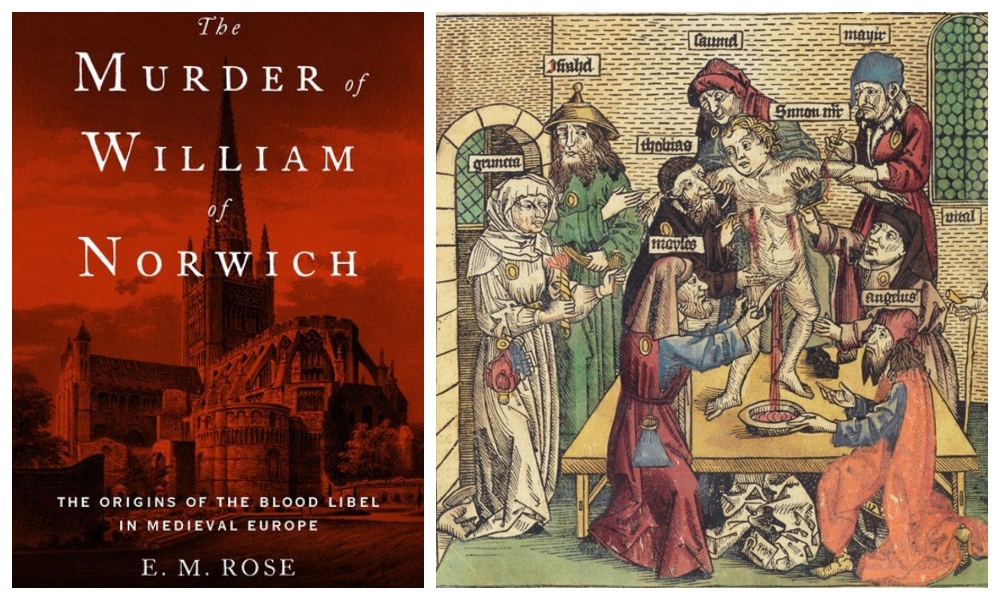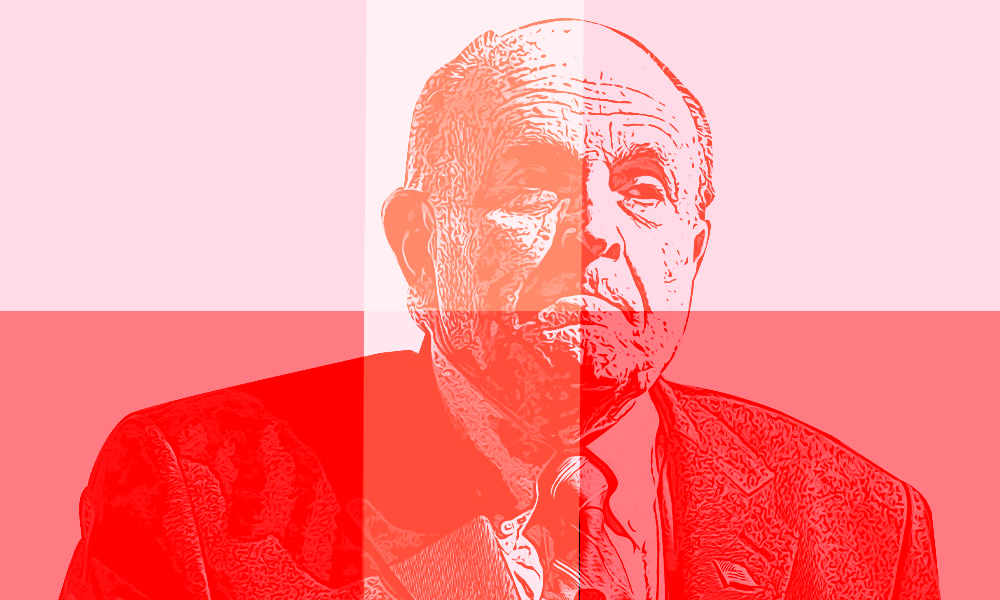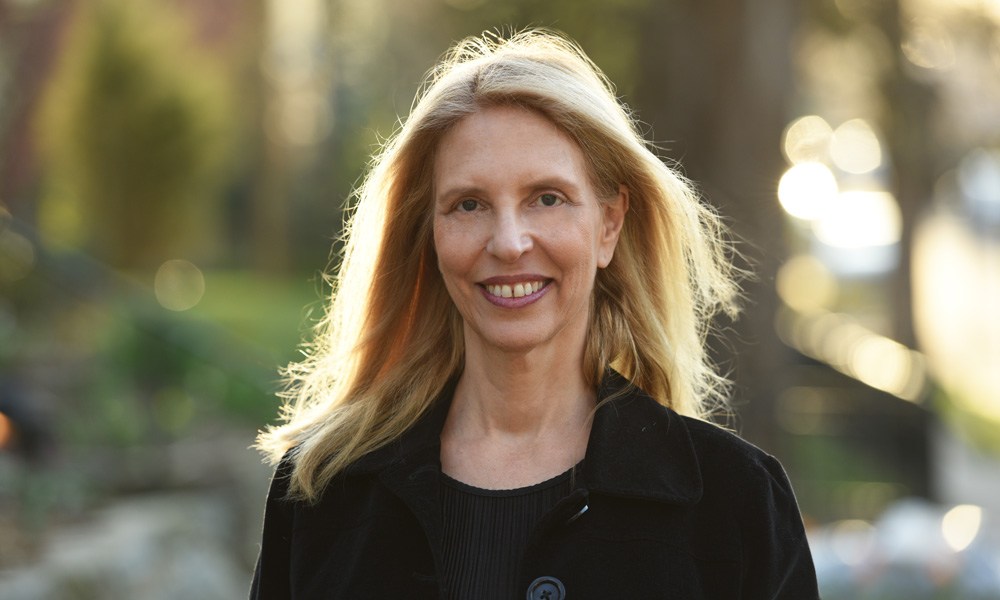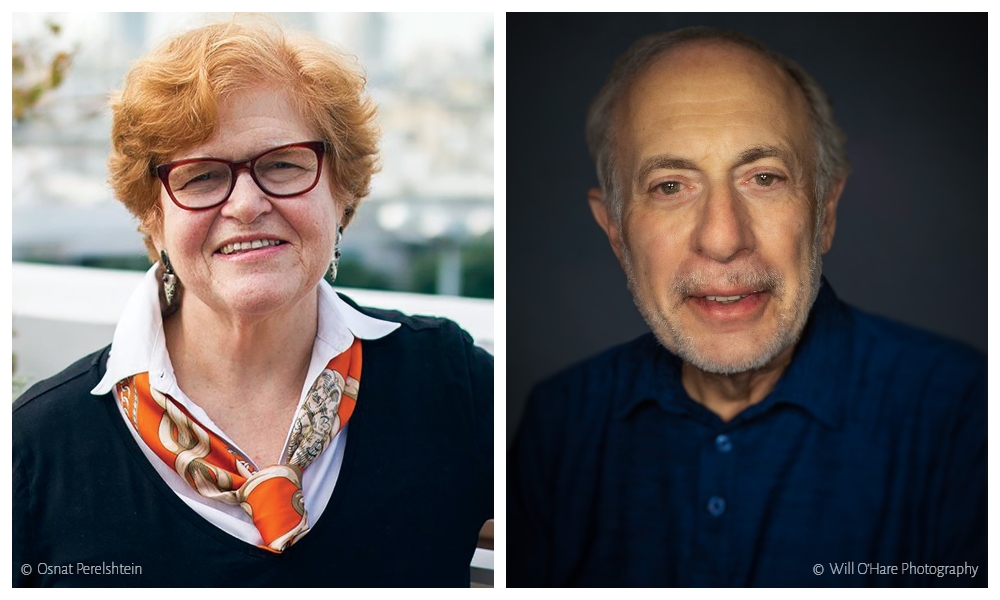The Roma are not Jewish. They are not thought to be a lost tribe, they are not converting en masse to Judaism, and unlike many other Europeans, they are not participating in a revival of Jewish culture. Why then, I expect some of you will ask, is Moment, a magazine of Jewish politics, culture and religion, devoting space to the Roma, especially when there are so many issues of direct interest to the Jewish people to explore?
The Roma, who arrived in Europe around the 14th century, have replaced Jews as the “black sheep” of Europe. As many European Jews once did, they live largely outside Europe’s societal and political structures, suffering from a reputation—albeit of a different nature—that fosters mistrust and hostility. They also share the tragedy of the Holocaust: At least 220,000 Roma perished in Europe’s death camps at the hands of the Nazis and their supporters. Their Holocaust, which they call Porrajamos—meaning “the devouring” in the Roma language—is little known, even among the Roma.
As our reporter Ben Judah recounts, there are many differences between the Jews and the Roma. Foremost, they are not bound together by religion—the Roma usually adopt the beliefs of their host country—but solely by ethnicity and tradition. We are also on opposite ends of the education continuum: Jews have traditionally put a high premium on education while the Roma have one of the highest illiteracy rates in Europe. When it comes to remembering the past, a process at which Jews excel, modern Roma existence is haunted by a lack of collective memory.
Judah journeys through Romania, home to an estimated half-million to two million of Europe’s 11 million Roma. He gives an up-close look at isolated dusty villages, dilapidated shacks overshadowed by hulking power plants, tenements alongside putrid trash dumps and other unseen corners. You will meet generations of lost Roma men, the Roma Emperor and the Roma King, well-meaning bureaucrats, a dedicated but disillusioned Roma female teacher and children who play in fields of feces.
Most Americans and American Jews know little of the Roma’s plight. Our attention is elsewhere: at home, in Israel, in Darfur, in the former Soviet Union; perhaps anywhere but with the Roma. They are an example of why Moment created the Daniel Pearl Investigative Journalism Initiative, launched in January. The Initiative encourages and supports young journalists to investigate modern manifestations of anti-Semitism or other deeply ingrained prejudices. Just recently,Moment received the first batch of proposals, and we were impressed by their quality, breadth and willingness to explore the ugly underbellies of humanity. I can’t reveal which proposal we chose or even the subjects proposed by the finalists, but I can assure you that over the next few years we will be publishing some fascinating, important stories found nowhere else. We are proud of this project. It is an important part of Moment’s mission, and we thank our prestigious panelists and advisors, as well as Judea and Ruth Pearl and the Daniel Pearl Foundation. To learn more about the Initiative or to read guidelines for 2012 proposals, please visit momentmag.com.
There’s much more in our jam-packed summer issue. Although modern Judaism rarely dwells on the subject of the afterlife, Moment opinion editor Amy E. Schwartz mines the rich veins of Jewish thought on this matter. Schwartz talks with a range of scholars and writers who have touched on the afterlife in their work. The rabbis in our Ask the Rabbis section address this question from a theological perspective. Warning: Expect the unexpected. Everything from heaven to hell and zombies surfaces in this freewheeling symposium. Then, for something completely different, we look at Israel through the binoculars of ornithologist Yossi Leshem, who has tracked the half-billion birds that annually fly over Israel, inventing ways to preserve their habitats and reduce bird-aircraft collisions.
Summer is also our time to spotlight entertainment, and we include an interview with French-Israeli musician Yael Naim, who hit the big time when a song she recorded in her tiny Paris apartment was picked up by Apple for a MacBook Air commercial. We delve into the origins of the thespian term “break a leg,” take a look at summer films, publish our annual music guide (complete with a list of the top ten international music festivals) and shine a light on new books, including a biography of the late playwright Wendy Wasserstein. In my interview with former Newsweek reporter Maziar Bahari, he speaks about his four-month imprisonment inside Iran’s notorious Evin Prison. As the first Muslim to make a film about the Holocaust, he provides us with insight into what his torturers and everyday Iranians really think about Jews and Israel.
Finally, please join me at the Chautauqua Institution in upstate New York on July 28, where I will discuss discrimination against Jewish scientists and others in the wake of the arrests of Julius and Ethel Rosenberg, and on the following day, when I will moderate a discussion with Orthodox Rabba Sara Hurwitz, Reverend Mary Ramerman, who serves as a Catholic “priest” and Imam Amina Wadud. It should be a very interesting conversation!
And don’t forget: Our 2011 fiction and memoir contests are accepting submissions. Our 2010 winners, judged by writers Nicole Krauss and Ariel Sabar, will be announced in our next issue. Good luck!
Have a wonderful summer!




